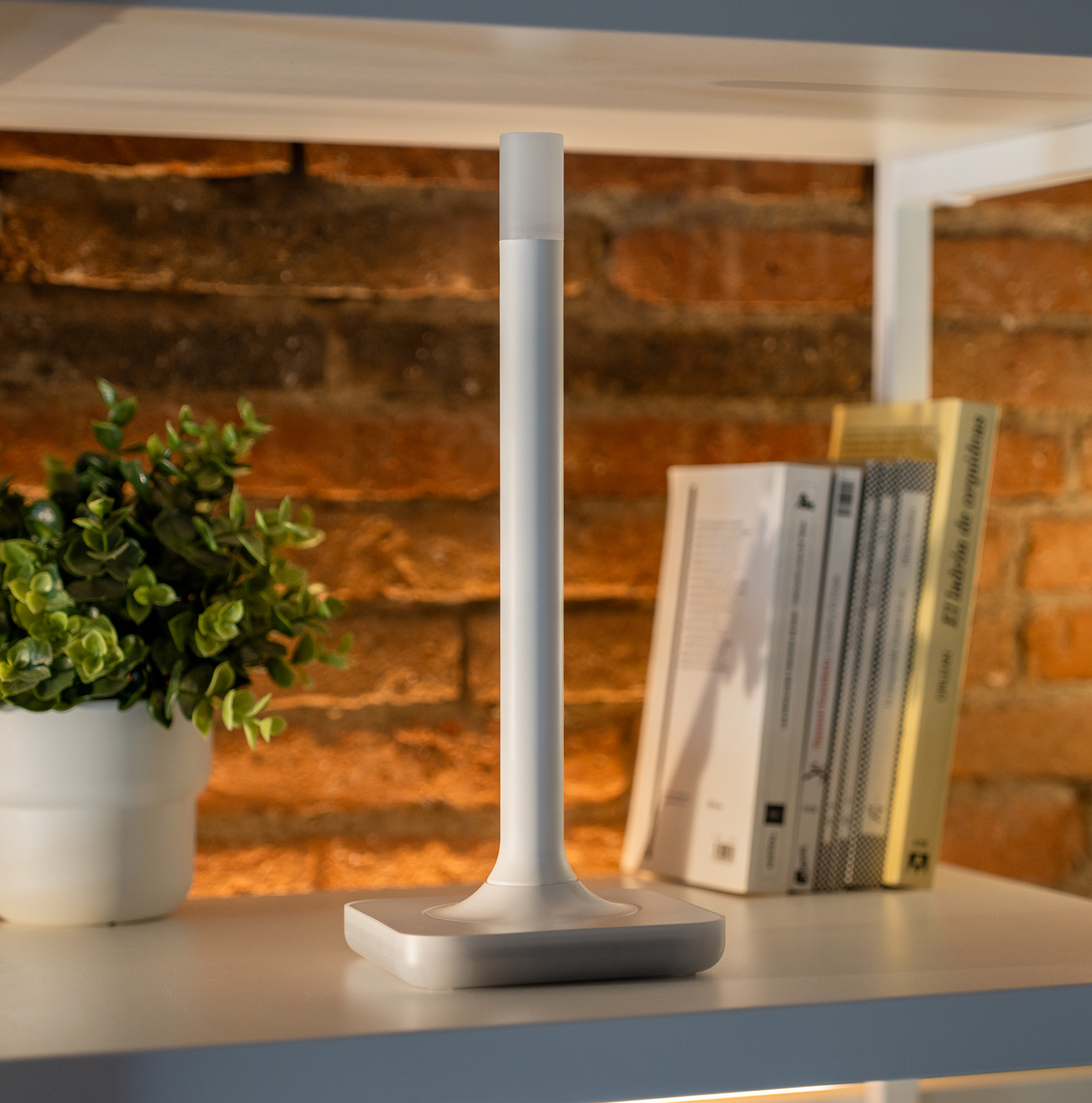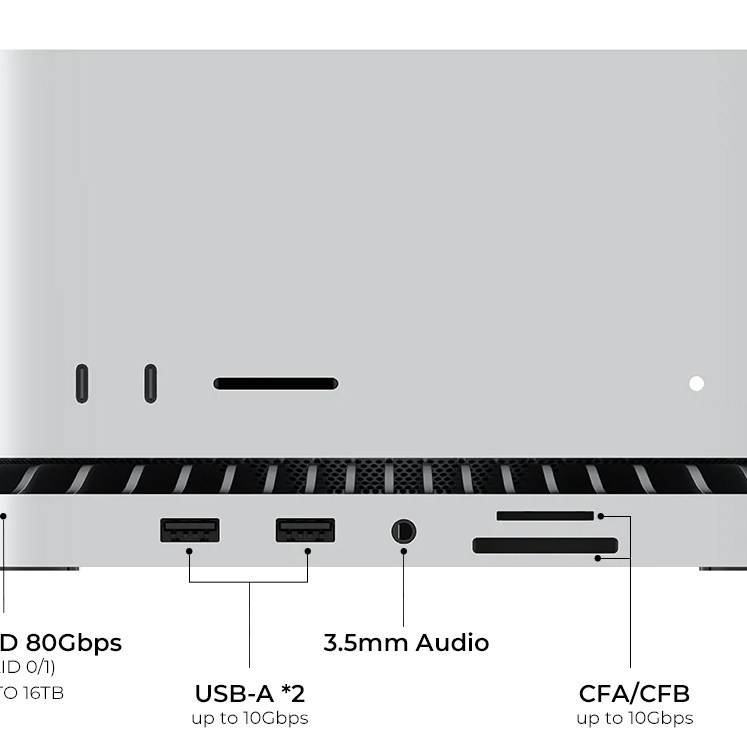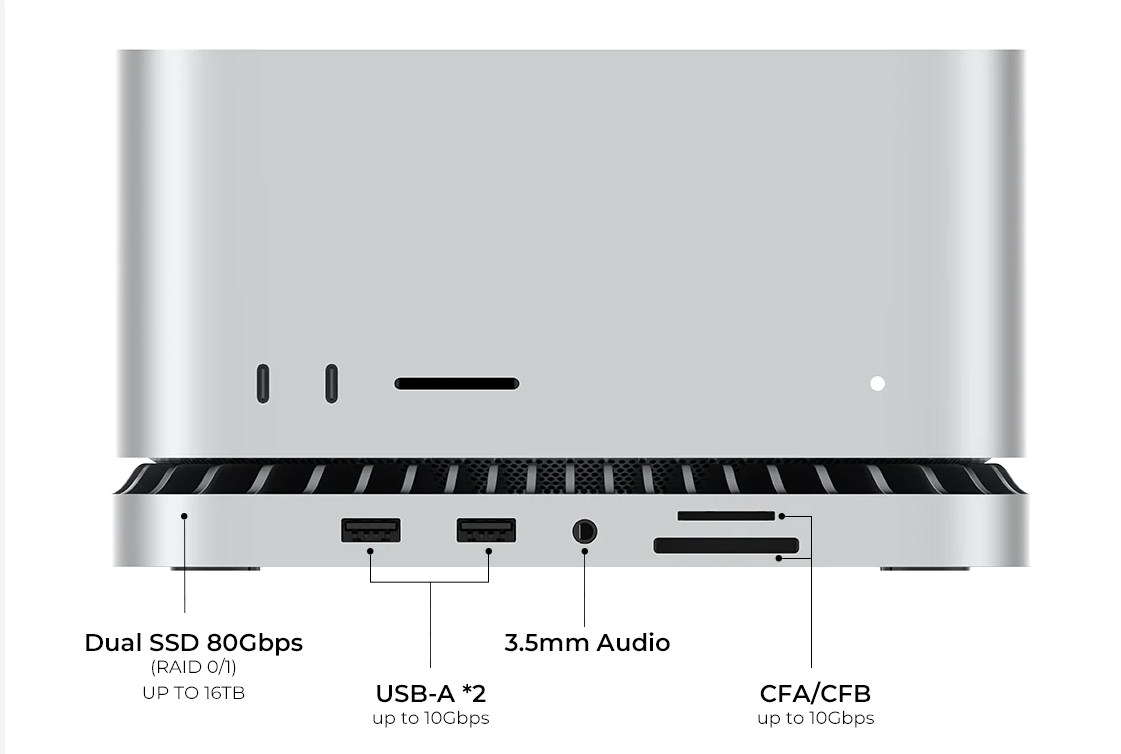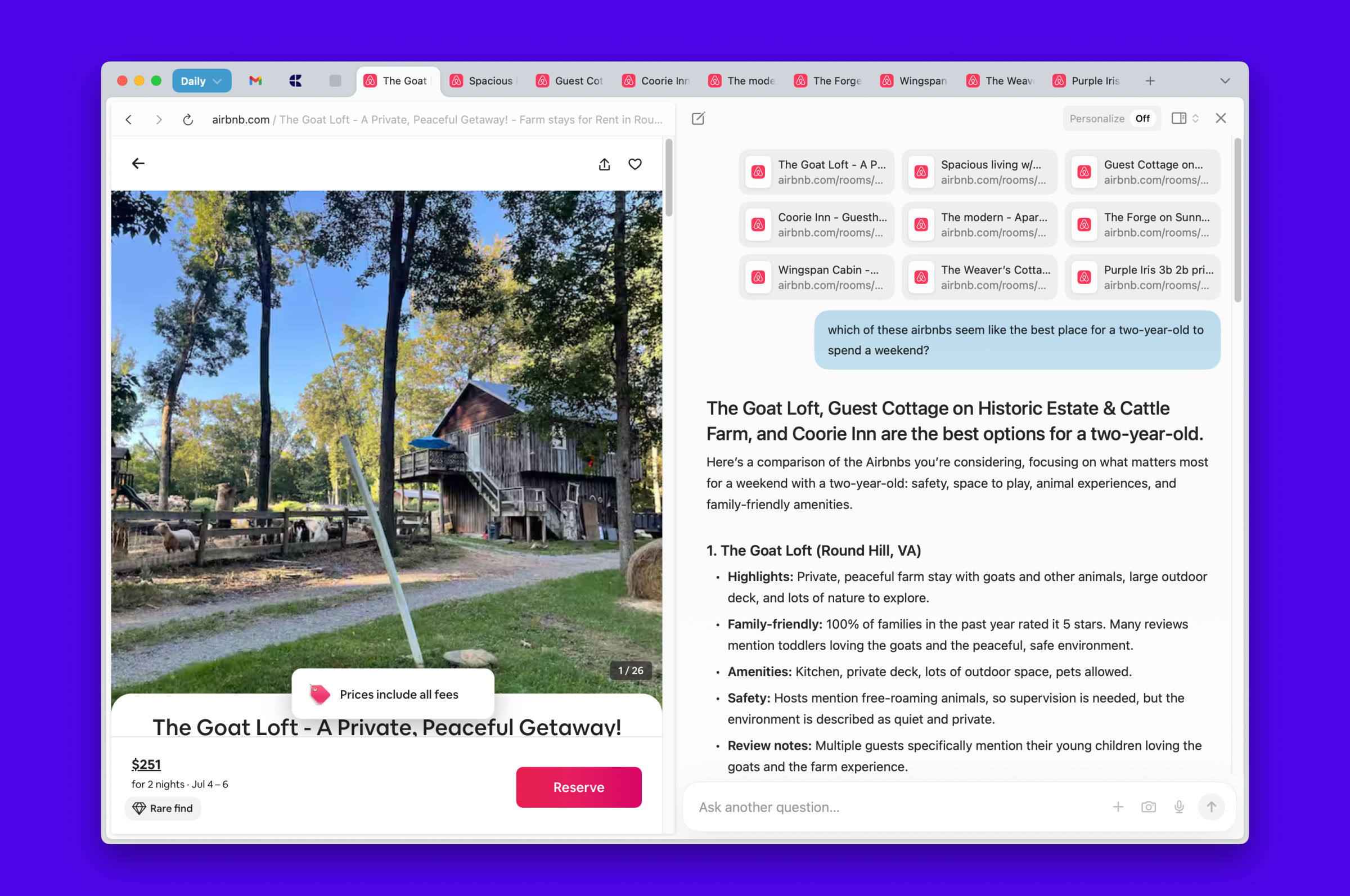During the last half month, we’ve covered a lot of interesting gadgets and apps and thought we’d highlight a few that caught our attention the most. For example, we have a robovac that can mop the edges of your walls (something that my manual mop usually fails at), a charging cable that with any luck will last a good long time, and a new dock for the Mac Studio that adds a bunch of ports. And what’s cooler than 3D printing a lightsaber? Let’s dive in.

One of these years, I will get myself a robovac — hopefully one that will clean and mop the floor, pick up stray detritus, and wash the dishes. (Okay, maybe not this last one.) One of the latest to hit the market is the Narwal Flow, which is available for preorder and ships August 27th. It is distinguished by a mopping pad that can extend to reach the edges of walls. There are two versions: a standard model and one with a more compact dock that can connect to plumbing; both are currently discounted for preorders.


One of the obsessions of The Verge’s staff these days is senior reviewer Jennifer Pattison Tuohy’s chicken coop (yes, really), which has been outfitted with a variety of smart devices. Most recently, Jennifer installed what she describes as “the biggest smart home antenna I’ve ever seen,” the 12-inch-tall Home Assistant Connect ZWA-2 ($69), which she says has added smart accessibility “from the attic to the chicken coop.” The antenna plugs into any Home Assistant system via USB and can connect to any Z-Wave device.


Cables may not be the most exciting things to cover, but what would we do without them? And even better if the cables boast of both a higher level of durability and a fair amount of sustainable manufacture. Fairphone’s new USB cables are all C-to-C (there’s a removable USB-A adapter), and use entirely recycled copper wires and recycled plastic braiding and cable jackets. They come in 1m (3.3ft) and 2.5m (8.2ft) versions using the USB 2.0 spec costing from €19.95 (around $23), and a 1m (3.3ft) version using USB 3.2 for €34.95 (around $40).


iPad fans may find it frustrating that their tablets are still not capable of wireless charging, but there is a solution. Kuxiu’s new M30 Magnetic Smart Connector Charger magnetically attaches to the back of an iPad Pro or iPad Air and uses the same Smart Connector pins that iPad accessories like the Magic Keyboard rely on to transfer power. And it’s not slow: iPad models using Apple’s M2 and M3 chips will charge at up to 18W, while those with an M4 chip can charge at 35W speeds.


I don’t have the high-powered creativity needed to justify a Mac Studio, but if you do and need more storage or more connectivity for your computer, check out RayCue’s Thunderbolt 5. The dock, which sits under the Studio, expands the device’s connectivity with two additional HDMI ports, a front-facing headphone jack, DisplayPort, and extra USB-A ports. It also lets you add up to 16TB of storage. It ships in early September but is available now for preorder.


I’ve been a fan of old-style Star Wars for a while, but unfortunately, I’m not a 3D creator. And I wish I were. Because if you’re a 3D creator who’s into Star Wars, you can now create your own glowing, humming lightsaber with Bambu Labs’ Motion-Activated Sound and Light Props Kit. This will take some expertise to put together (in fact, Bambu rates it for experienced users), but if 3D is your thing, then it could be a lot of fun.
Google’s Flight Deals tool

Keep an eye out for Google’s new AI-powered Flight Deals tool, which will help you research where you want to go depending on your likes, dislikes, and budget. Emma Roth tried it out and found it was useful — up to a point. When she asked for “trip to Europe with hiking,” she got suggestions for a couple of cities that she wouldn’t have considered; on the other hand, it couldn’t find any deals for Japan during cherry-blossom season, which was disappointing. If you want to try it out (and if it’s rolled out to your account), you can find it on Google’s standalone Flight Deals page or in the top-left menu on Google Flights.
Dia Pro, a subscription for an AI-powered browser

There was some uncertainty when The Browser Company, which created the Arc browser, announced that it was introducing a second, AI-powered browser called Dia. And now, not long after Dia’s introduction, the company has launched a $20 per month subscription for Dia Pro, which gives you unlimited access to the browser’s chat feature. If you don’t subscribe, you can still ask the AI engine questions about the content in your tabs — but you may run into some limitations.
Having gone through college before AI was available to anyone below a PhD, I can’t help but envy the access that today’s students have. However, teachers are probably concerned that students may be using Gemini to do their work for them. Google is trying to ameliorate that situation by introducing a guided learning mode (something like ChatGPT’s study mode) to its Gemini AI. The idea is that instead of just giving you the answers, Gemini Guided Learning helps you figure them out yourself.
Read the full article here














